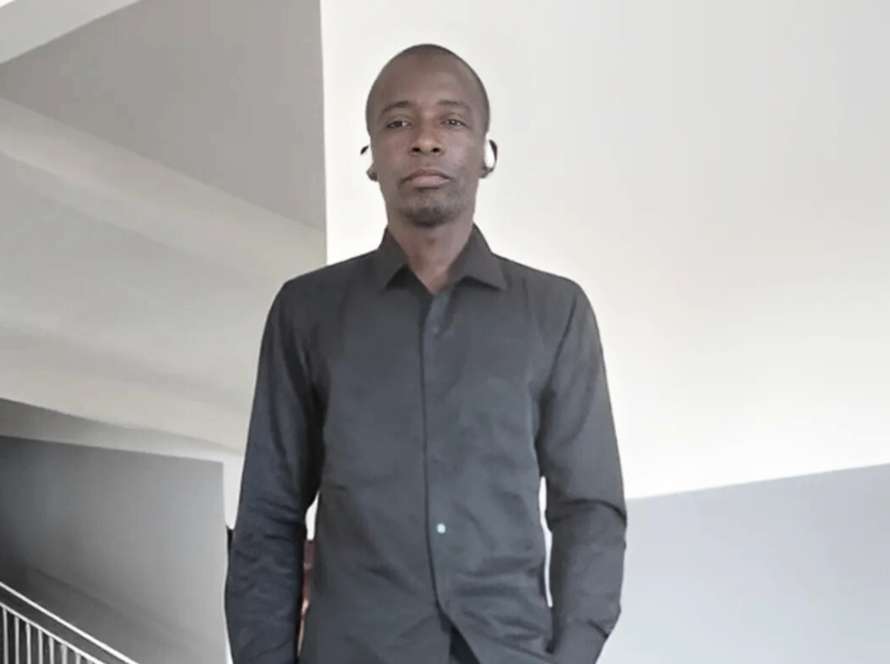The Djoma Media Group, a prominent media organisation in Guinea, is facing serious challenges due to a nationwide internet disruption that has dragged on for months. Recently, their VSAT system, which enabled them to access the internet via satellite, was dismantled, effectively silencing the media group.
Ibrahima Kalil Oularé, the group’s Managing Director, has promised not to give up.
On April 3, 2024, officials from the Autorité de Régulation des Postes et Télécommunications (ARPT) visited the premises of the media group. The an unannounced visit saw the ARPT team cut off the last satellite internet network that enabled the media group to broadcast and reach audiences outside the country.
In a statement issued on the same day (April 3, 2024), the ARPT indicated that the operation was part of their mission to ensure compliance with telecommunications regulations and to address the use of unauthorized “Starlink” devices for internet access.
In other words, all other Guinean broadcasters that resorted to the satellite internet network to reach their listeners outside of the country, after they were jammed in December 2023, will suffer the same fate as the Djoma media group.
This crackdown on Djoma Media Group came shortly after the newly appointed Minister of Information and Communication, Fana Soumah, visited jammed radio and TV stations, in March 2024, promising government support. Prime Minister Amadou Oury Bah also met with media association leaders to discuss the crisis which has constrained the affected private radio and television stations, to lay off nearly 400 journalists, technicians, and programme hosts.
In the same month of March 2024, one of the country’s largest media organisations affected by the jamming, the Hadafo Médias Group, was forced to make the difficult decision of laying off over 70% of its workforce. The Haute Autorité de la Communication (HAC), the media regulator, also ordered the pay-Tv operator Canal+ to suspend many channels that served a wide audience.
Additionally, access to social media platforms like WhatsApp, Facebook, Instagram, and TikTok has been restricted in Guinea, so that they are only accessible through virtual private networks (VPNs). The internet restrictions equally affected news websites such as the Inquisiteur.net and Guineematin.com.
The Media Foundation for West Africa (MFWA) finds extremely worrying, the continued restrictions on the media in particular, and the civic space in general. Guinea has endured prolonged internet disruptions, which Civil society organisations believe are intended to quell protests and muzzle critical voices. The government has attributed these disruptions to technical issues with the submarine cable connecting the country to the internet.
It is surprising that several months later, the technical problem persists with media houses’ websites now being inaccessible in the country without VPNs. While we do not condone the attempt of the media to circumvent laws in order to access the internet, we call on the government to restore access to internet which is closely linked to the right to free expression. All people must be able to access the Internet in order to exercise and enjoy their rights to free expression and opinion and other fundamental human rights.
The MFWA reiterates its condemnation of these severe restrictions by the transitional Government in Guinea, and calls on the authorities to uphold the rule of law and protect all constitutionally guaranteed freedoms, including the freedom of the press.






